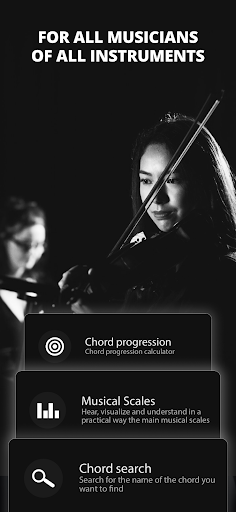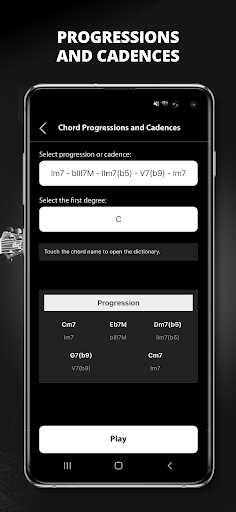Musical chord music theory is the study and understanding of how chords are constructed, and how they function within a piece of music. Chords are the building blocks of harmony in music, and understanding how they work is essential for musicians and composers.
Characteristics:
Chords are made up of three or more notes played simultaneously.
Chords can be major, minor, diminished, augmented, or suspended, depending on the intervals between the notes.
Chords are typically named based on the root note and the quality of the chord, such as C major, D minor, A diminished, etc.
Highlights:
Chords provide the harmonic foundation for a piece of music, creating tension and resolution.
Understanding chord progressions is key to creating a sense of movement and structure in music.
Chords can convey different emotions and moods, depending on their quality and placement within a piece.
Advantages:
Knowing chord music theory allows musicians to analyze and interpret music more effectively.
Understanding chords helps musicians improvise and compose more confidently.
Chord theory can help musicians communicate with other musicians and collaborate more effectively.
























Preview: